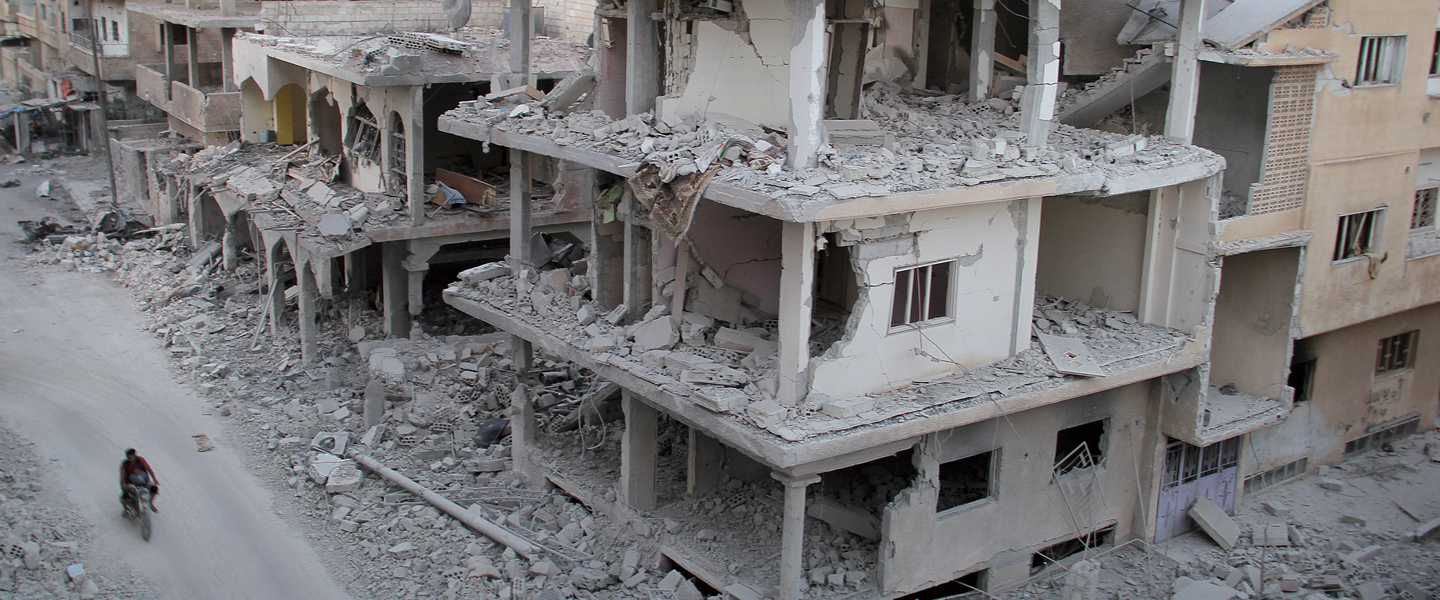All I remember is hearing loud bangs and then dropping to the ground.
I was 13 at the time, just a typical teenager. It was cold in our house, so I had taken my 2-year-old cousin down to the entryway, hoping we could step outside to get a little sun and warm up.
But as soon as I felt the sunlight on my face, I heard the gunshots. I pulled my cousin close and shielded him on the ground, where we lay trembling.
I wondered: Will we survive, or will we die right here? Those were the kinds of thoughts running through my head for a full 15 minutes, until I realized the gunfire had stopped.
That was the day my family finally decided to leave Syria. And though I didn’t know it then, we were leaving for good.

